Explore practical lessons on supplements, nutrition, and wellness — from benefits and usage to evidence-based insights.
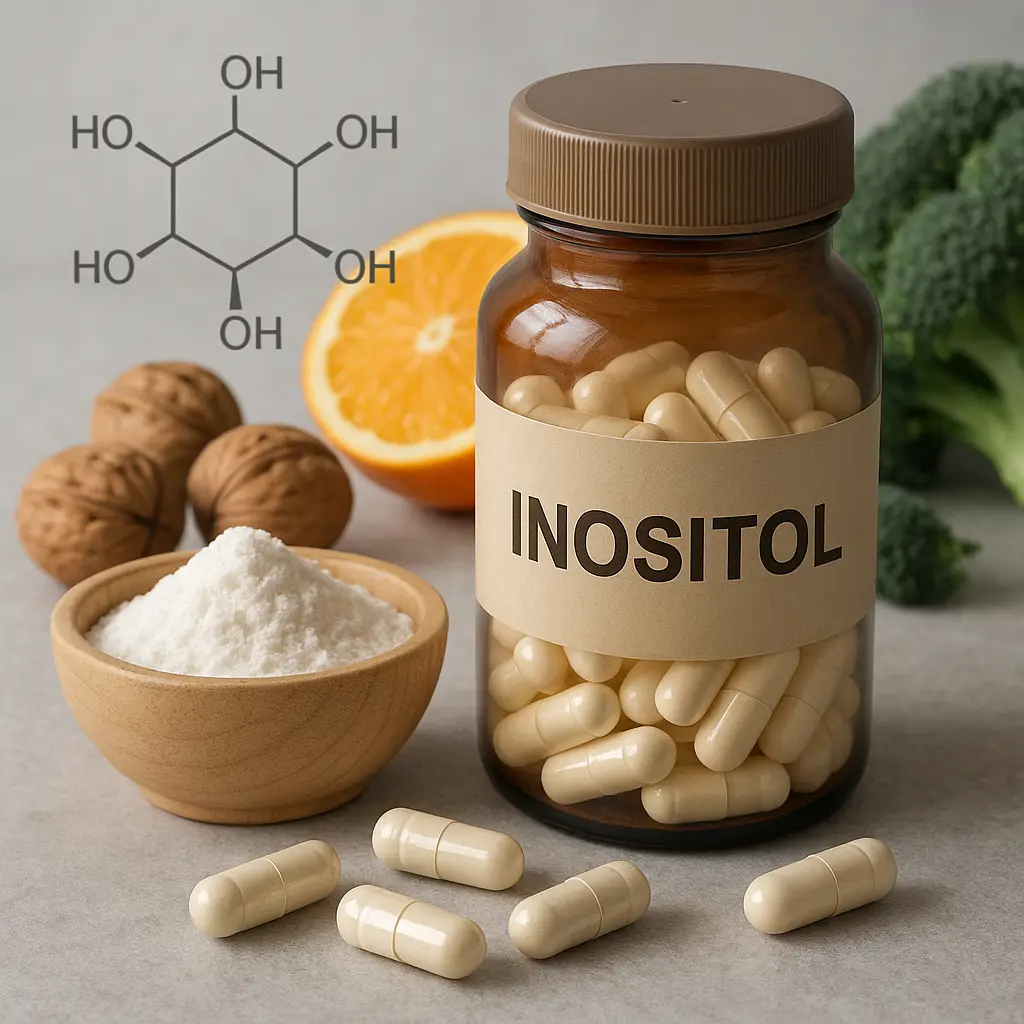
What is Inositol? Inositol is a type of sugar that is classified as a carbohydrate and is part of the vitamin B complex, although it is not officially recogni…
Read more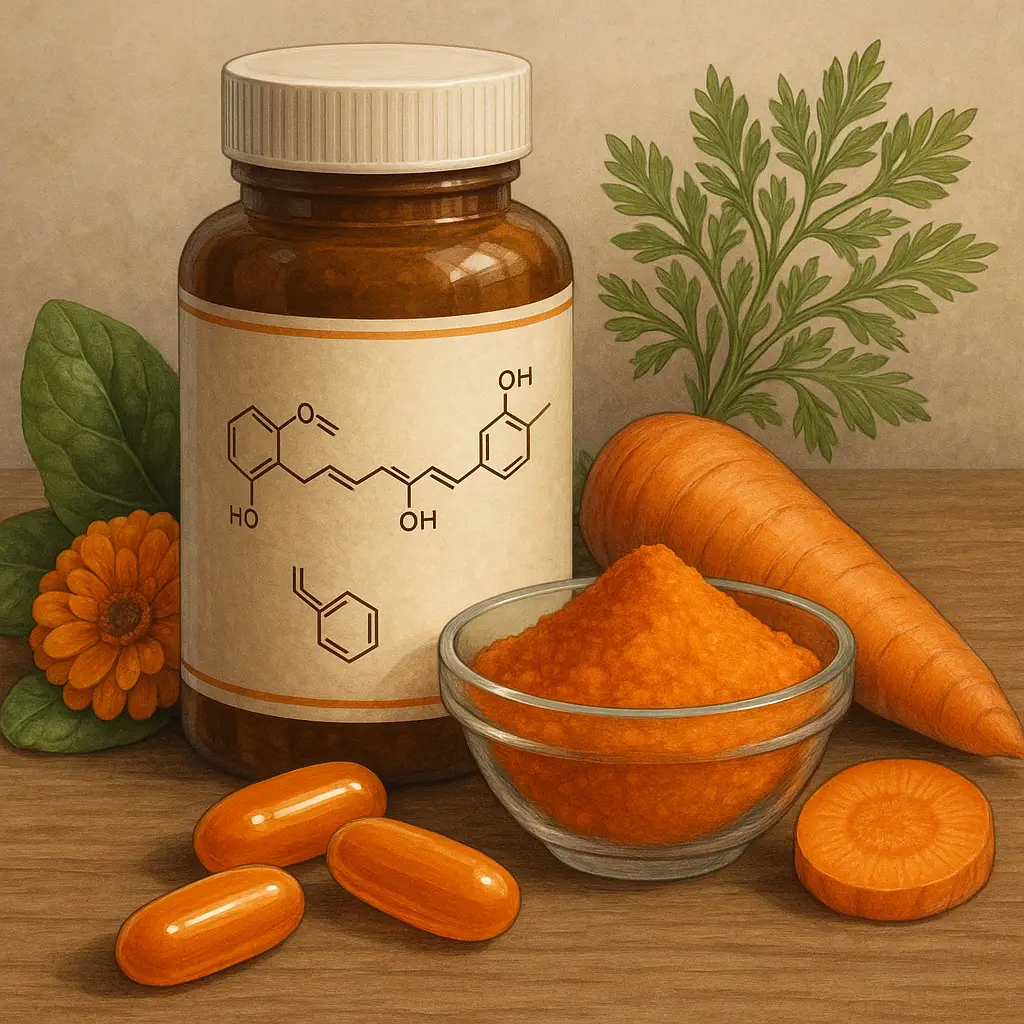
Unlocking the Power of Lutein: A Comprehensive Guide What is Lutein? Lutein is a carotenoid, a type of pigment found in a variety of plants. It belongs to …
Read more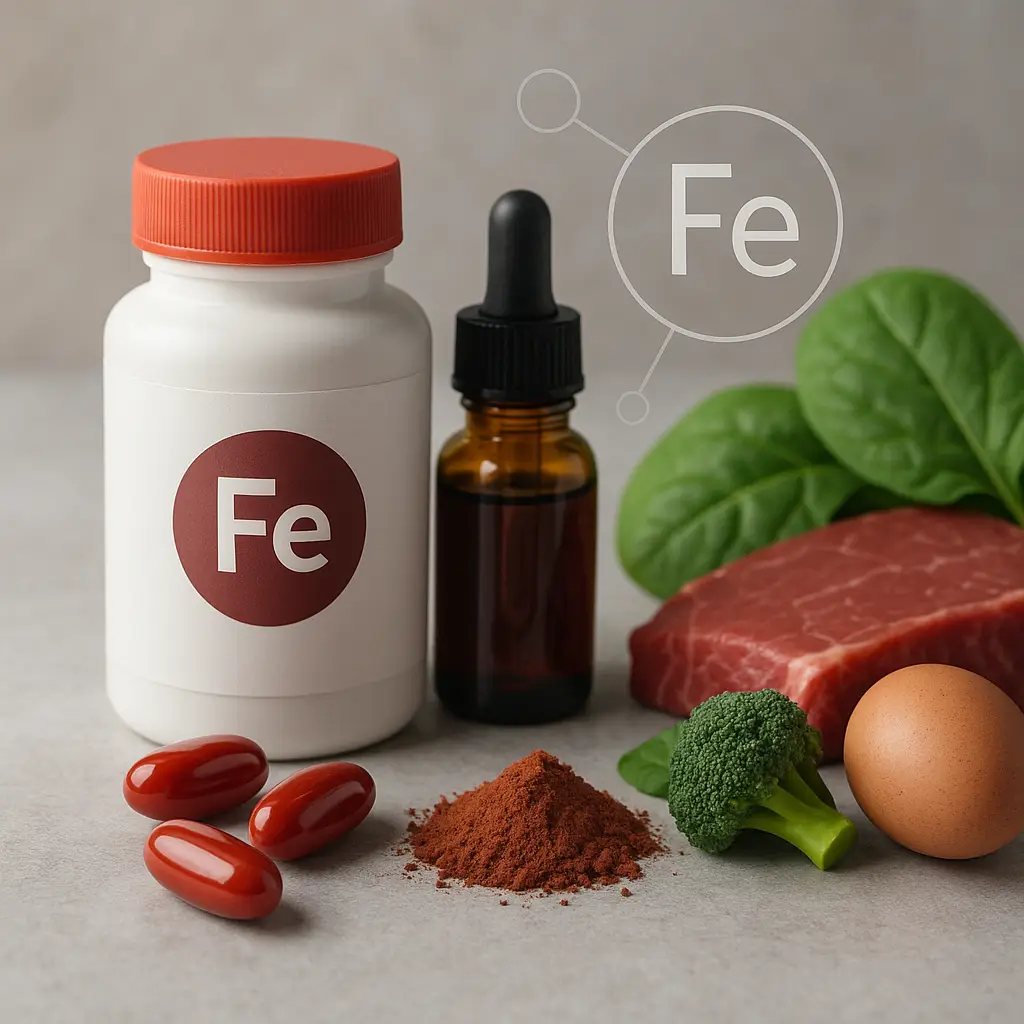
Understanding Iron: The Essential Mineral Iron is a vital mineral necessary for various physiological functions in the body. As one of the most abundant ele…
Read more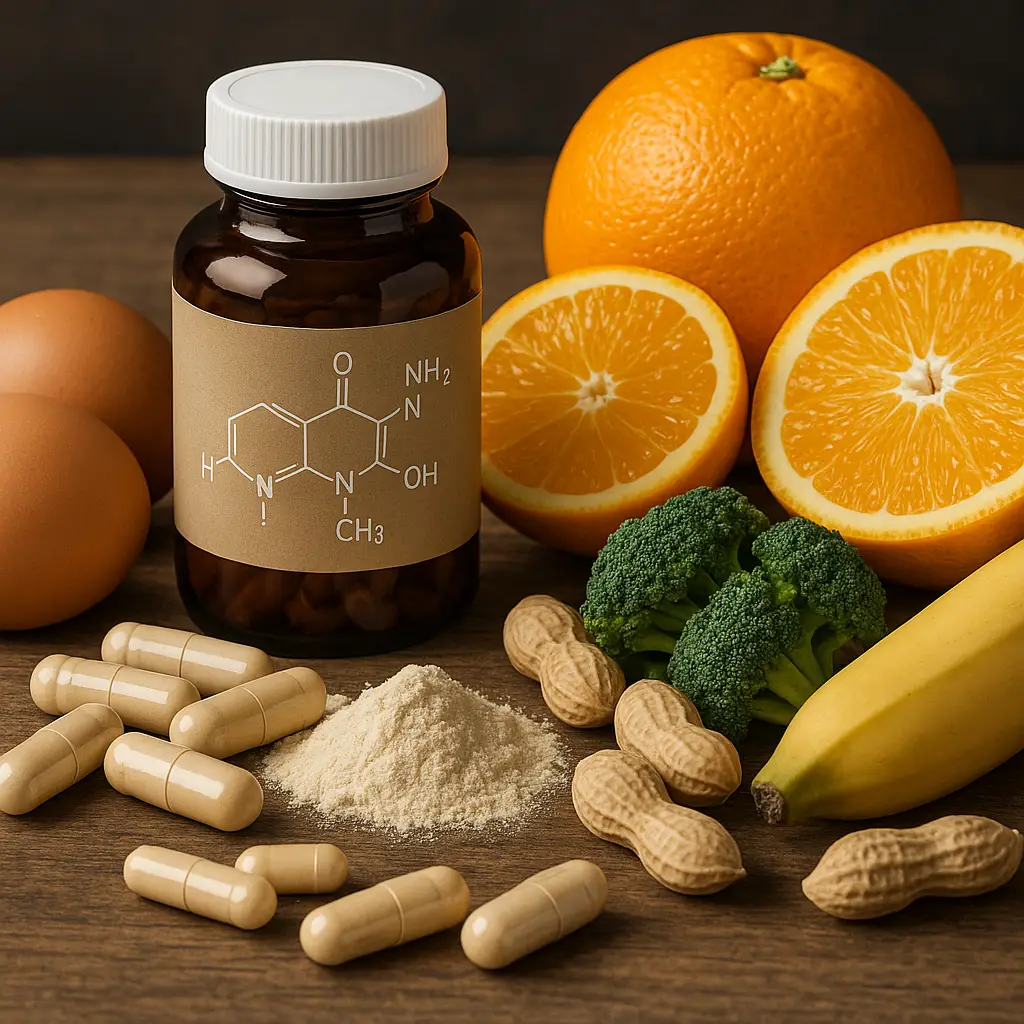
What is Thiamine? Thiamine, also known as Vitamin B1, is a water-soluble vitamin that plays a crucial role in energy metabolism and the functioning of the ner…
Read more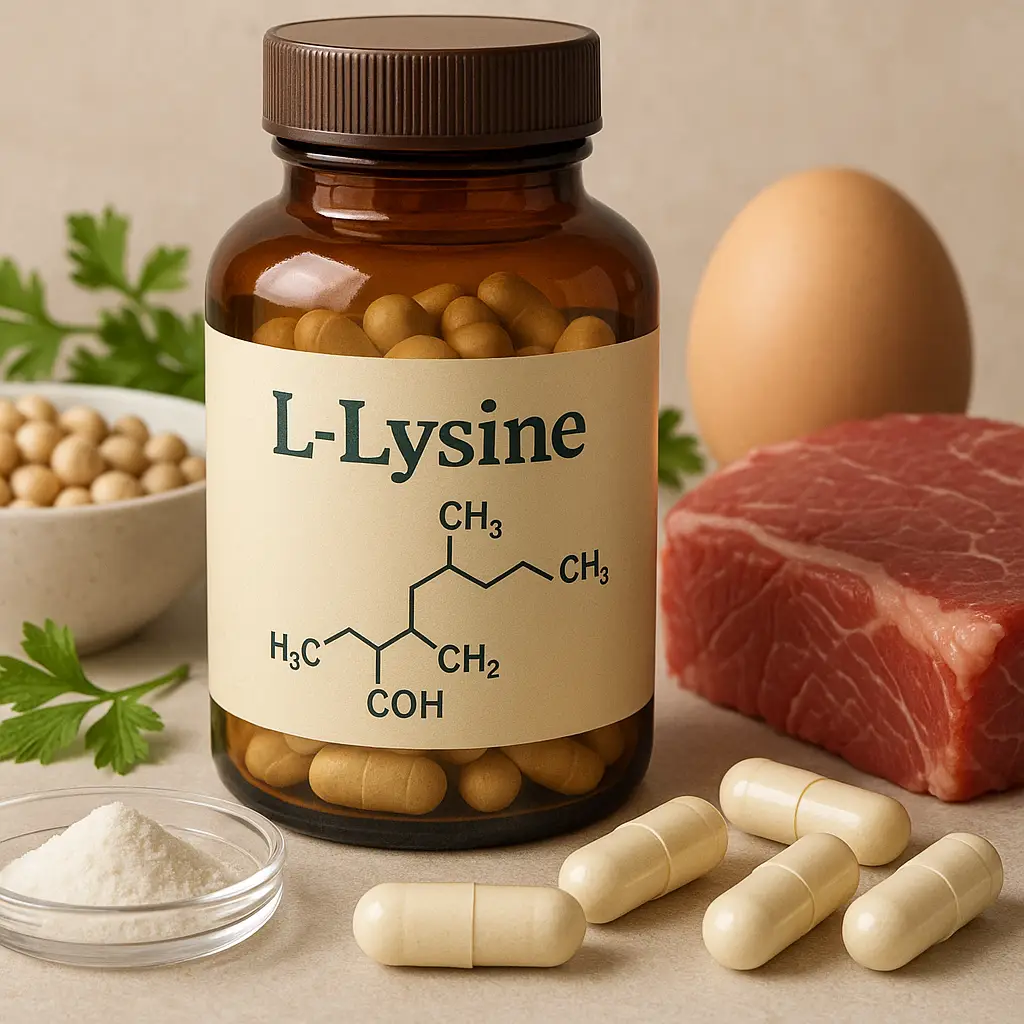
L-Lysine: Essential Amino Acid for Health and Performance L-Lysine is an essential amino acid that plays a critical role in various bodily functions. As one…
Read more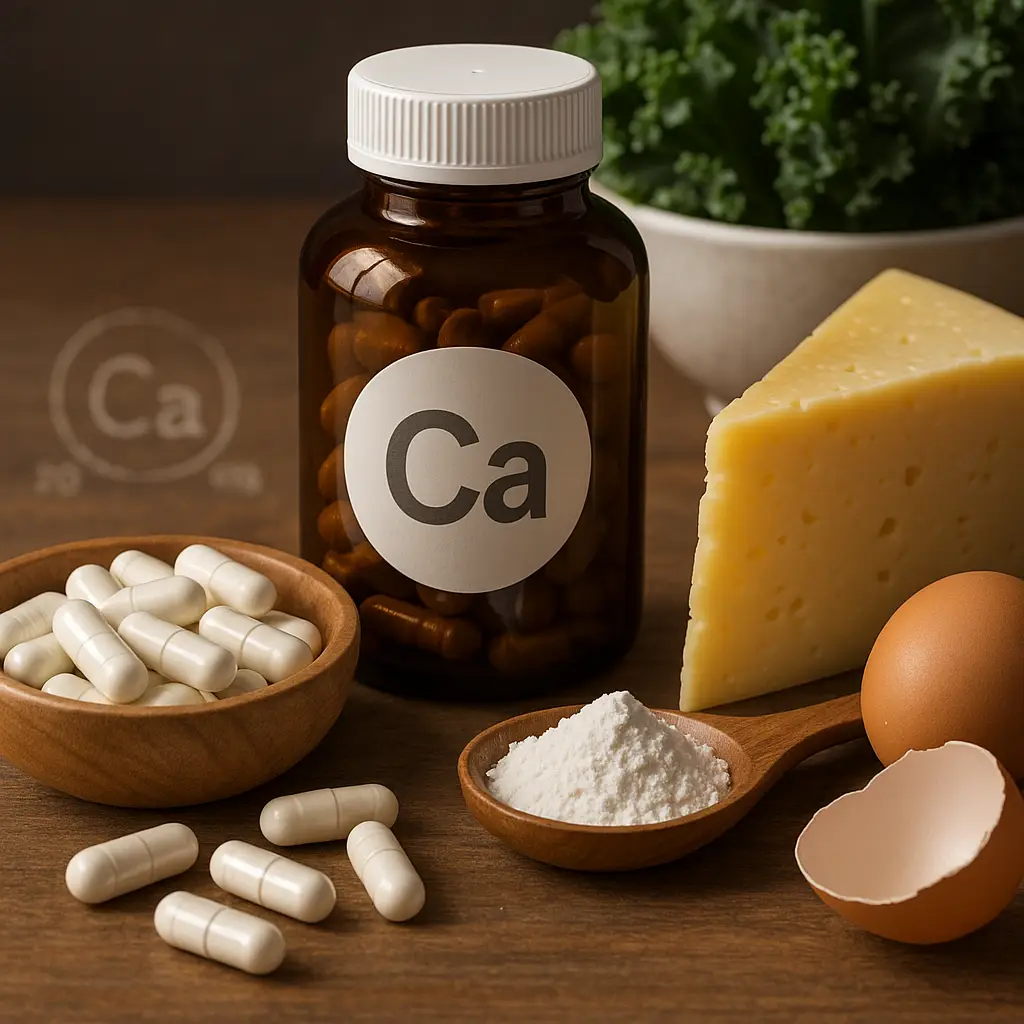
Understanding Calcium: The Essential Mineral Calcium is a vital mineral that plays a crucial role in various bodily functions, most notably in maintaining h…
Read more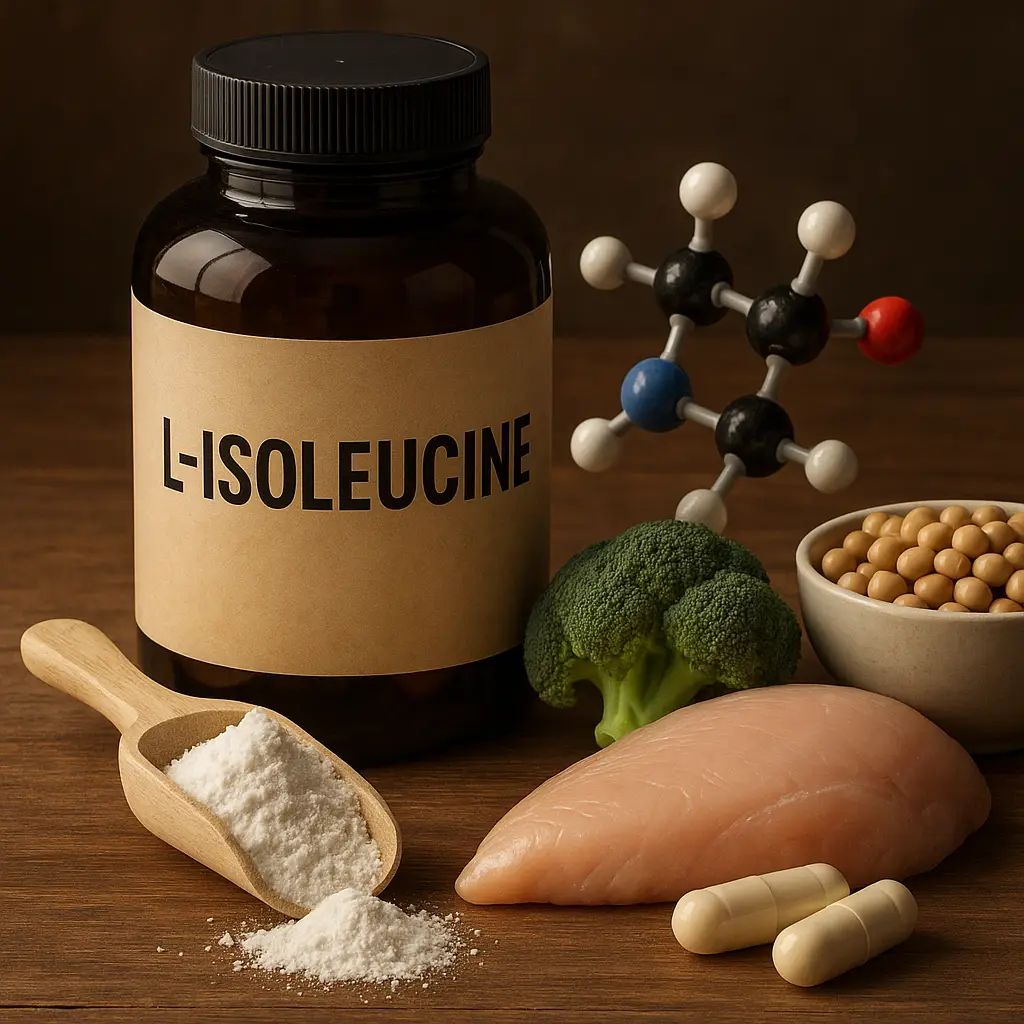
L-Isoleucine: The Branched-Chain Amino Acid L-Isoleucine is one of the three branched-chain amino acids (BCAAs), alongside leucine and valine. It is classif…
Read more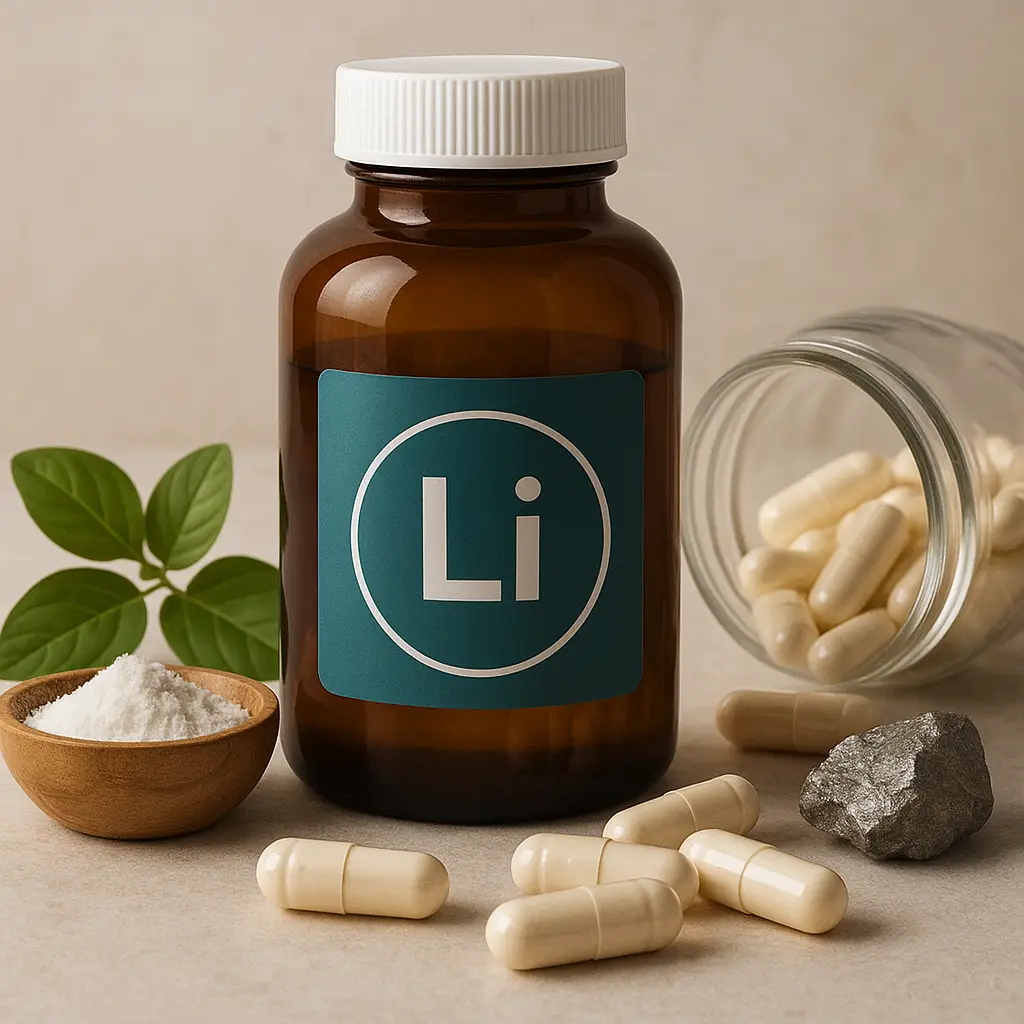
What is Lithium? Lithium is a naturally occurring mineral that is classified as an alkali metal. It is known for its mental health benefits and is primarily f…
Read more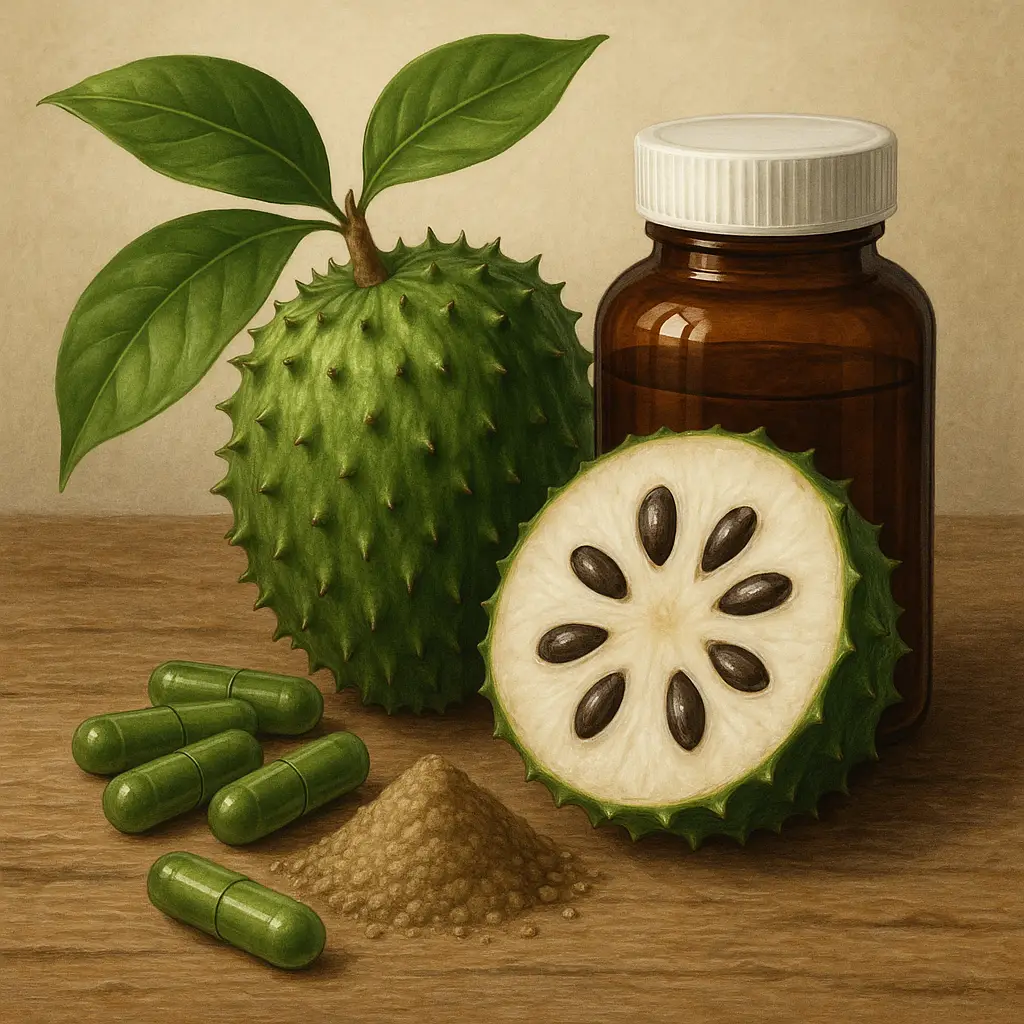
Understanding Graviola: Nature's Hidden Treasure Graviola, also known as soursop, is a tropical fruit belonging to the Annonaceae family, native to the rainfo…
Read more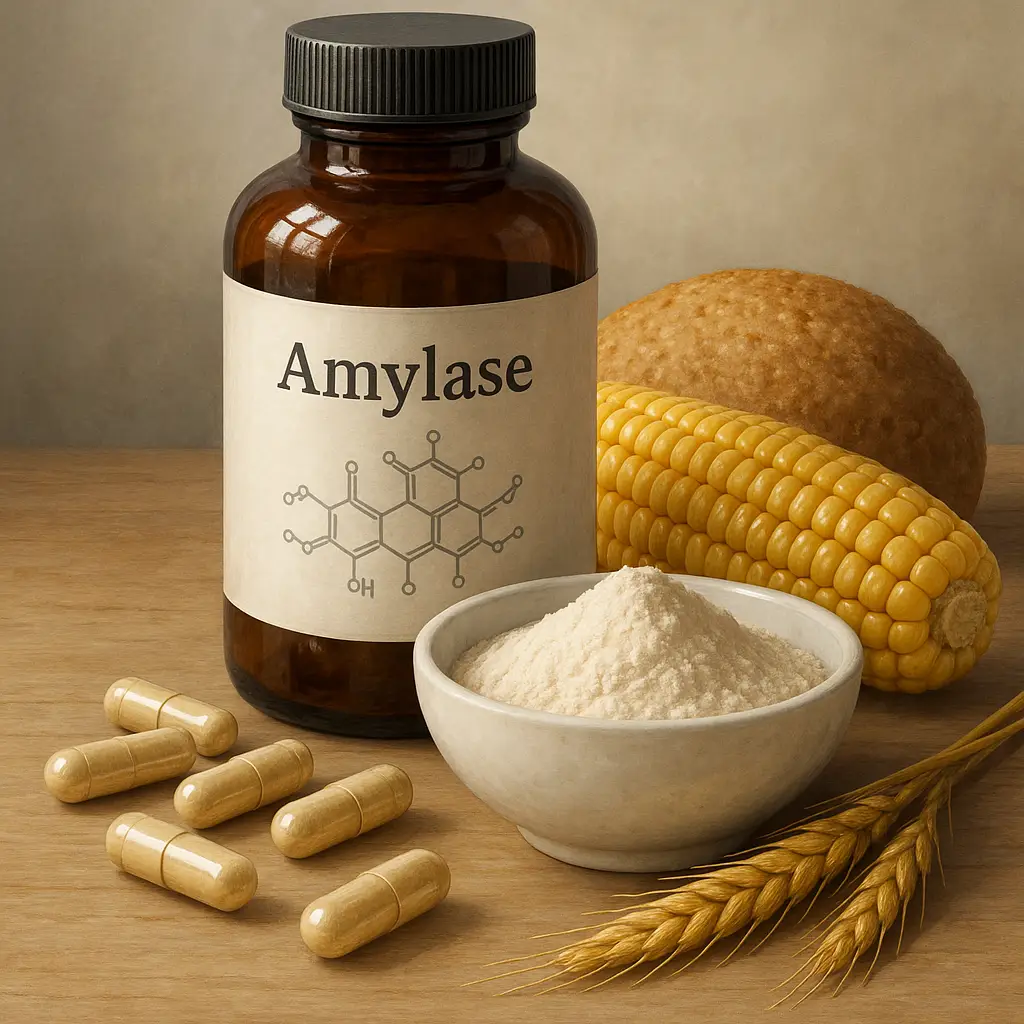
What is Amylase? Amylase is an enzyme that plays a crucial role in the digestion of carbohydrates. It catalyzes the breakdown of starch and glycogen into simp…
Read more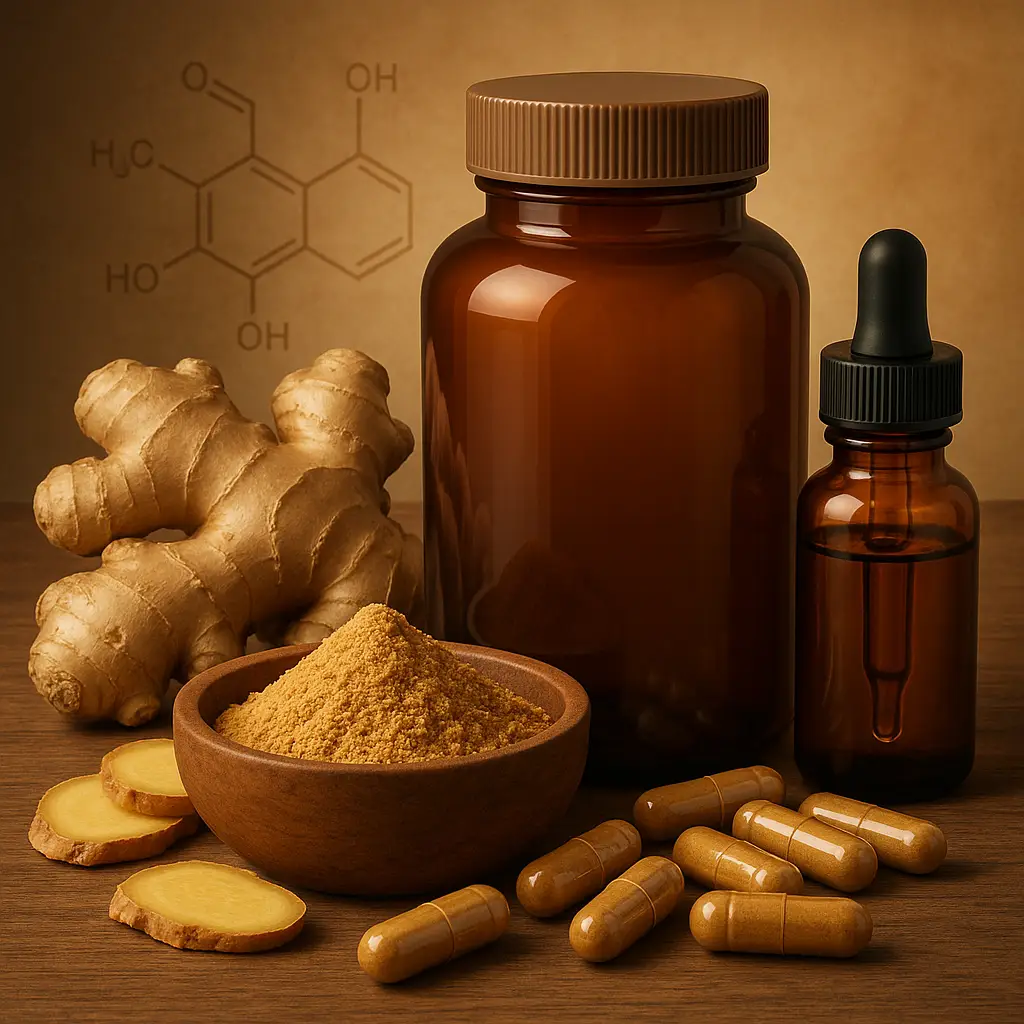
Ginger Root: The Natural Powerhouse for Health and Performance Ginger root, known scientifically as Zingiber officinale, is a thick, knobby rhizome that ori…
Read more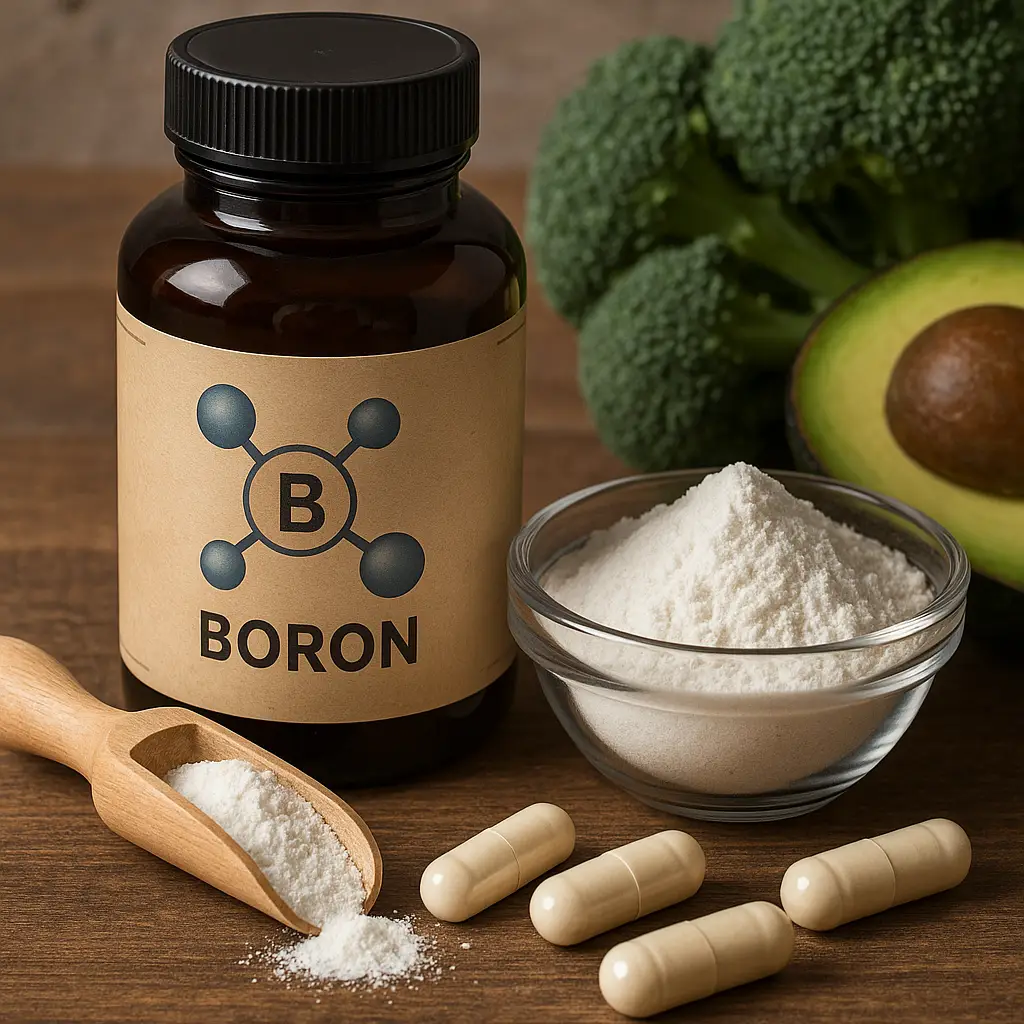
Boron: An Essential Trace Mineral Boron is a naturally occurring trace mineral that plays a critical role in several physiological processes in the human bo…
Read more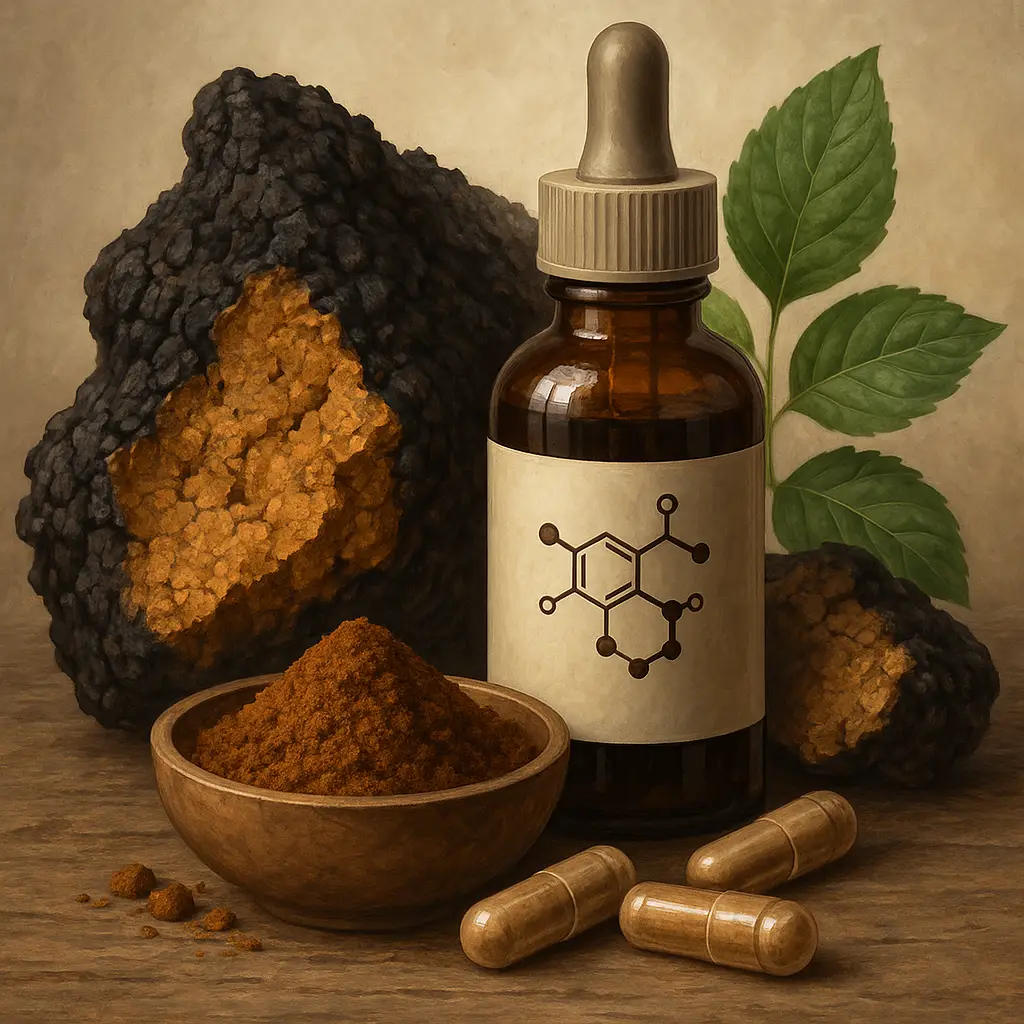
What is Chaga? Chaga, scientifically known as Inonotus obliquus, is a fungus that primarily grows on birch trees in cold climates, such as Siberia, Northern C…
Read more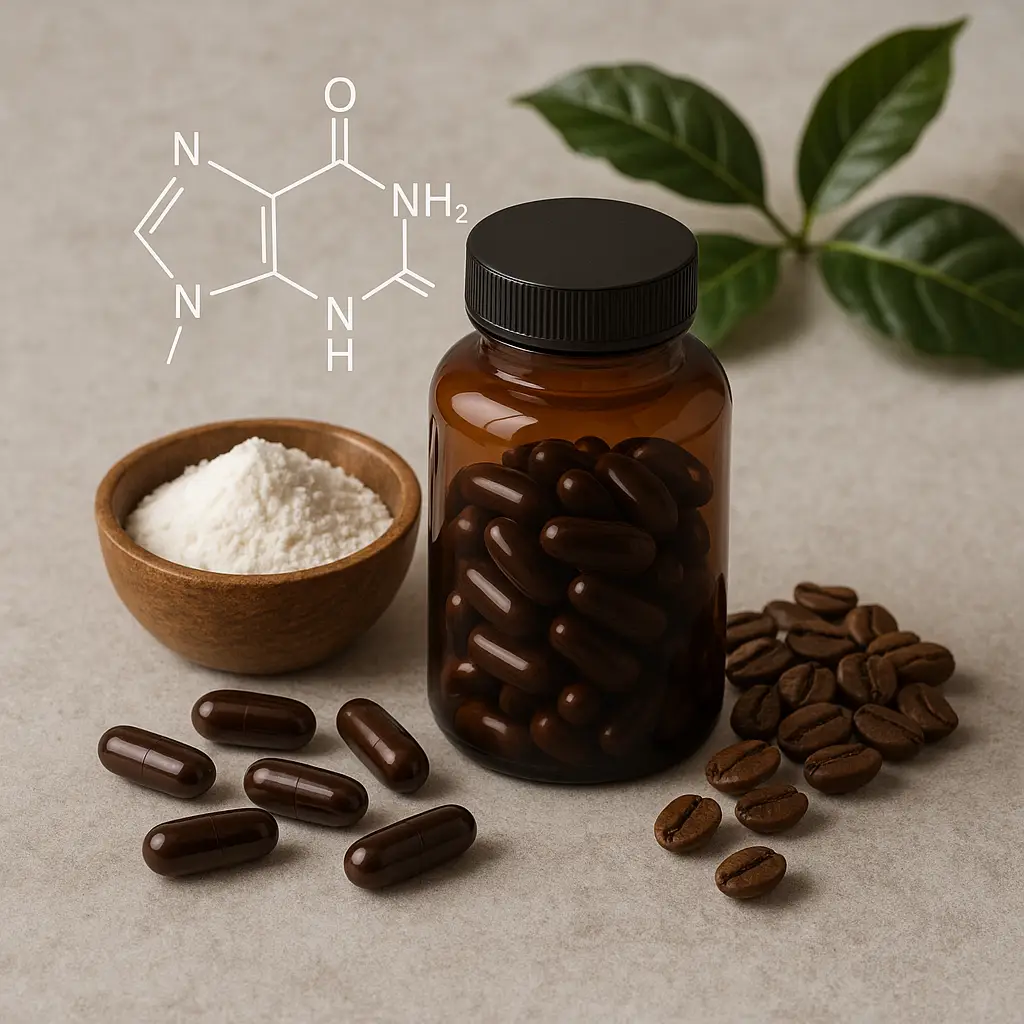
Caffeine is a natural stimulant most commonly found in coffee, tea, and various energy drinks. It is known for its ability to enhance alertness, improve concen…
Read more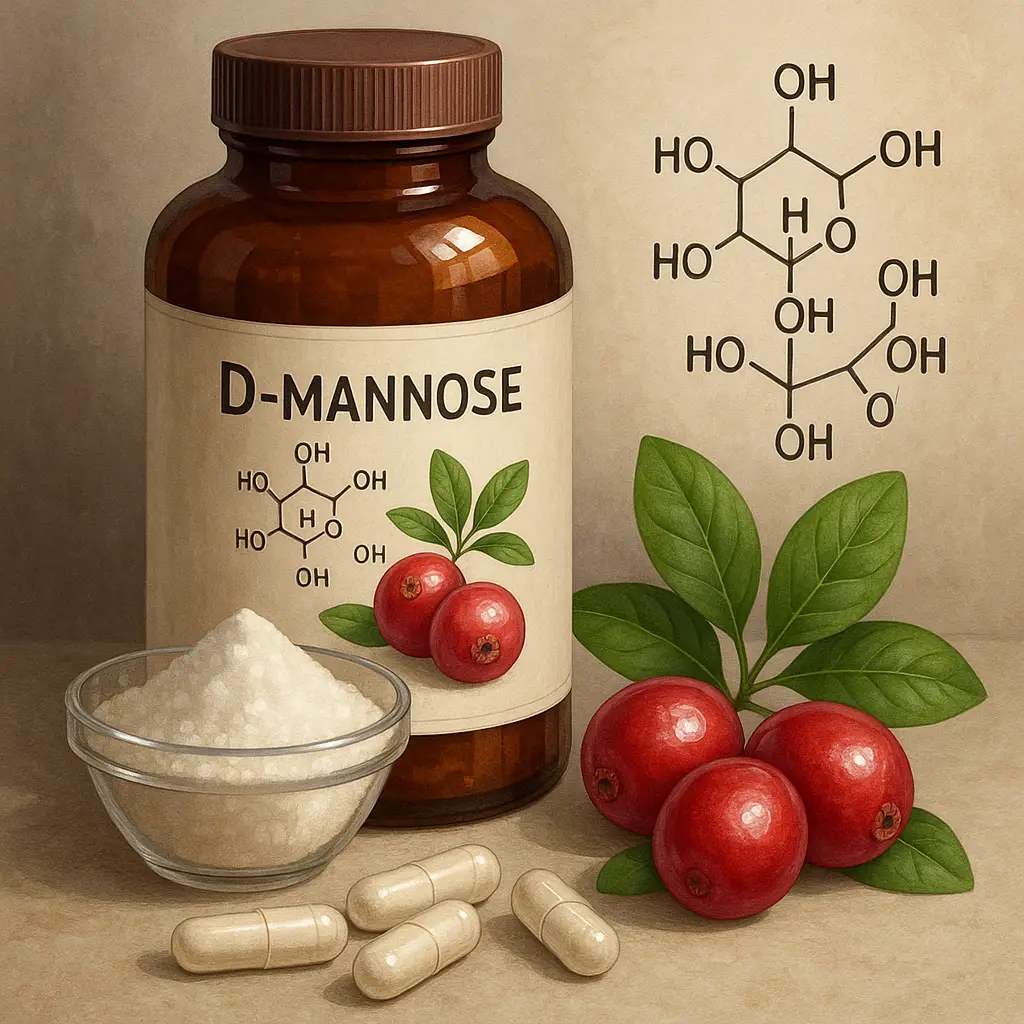
D-Mannose: An Essential Sugar with Health Benefits D-Mannose is a simple sugar that plays a critical role in carbohydrate metabolism within our bodies. Alth…
Read more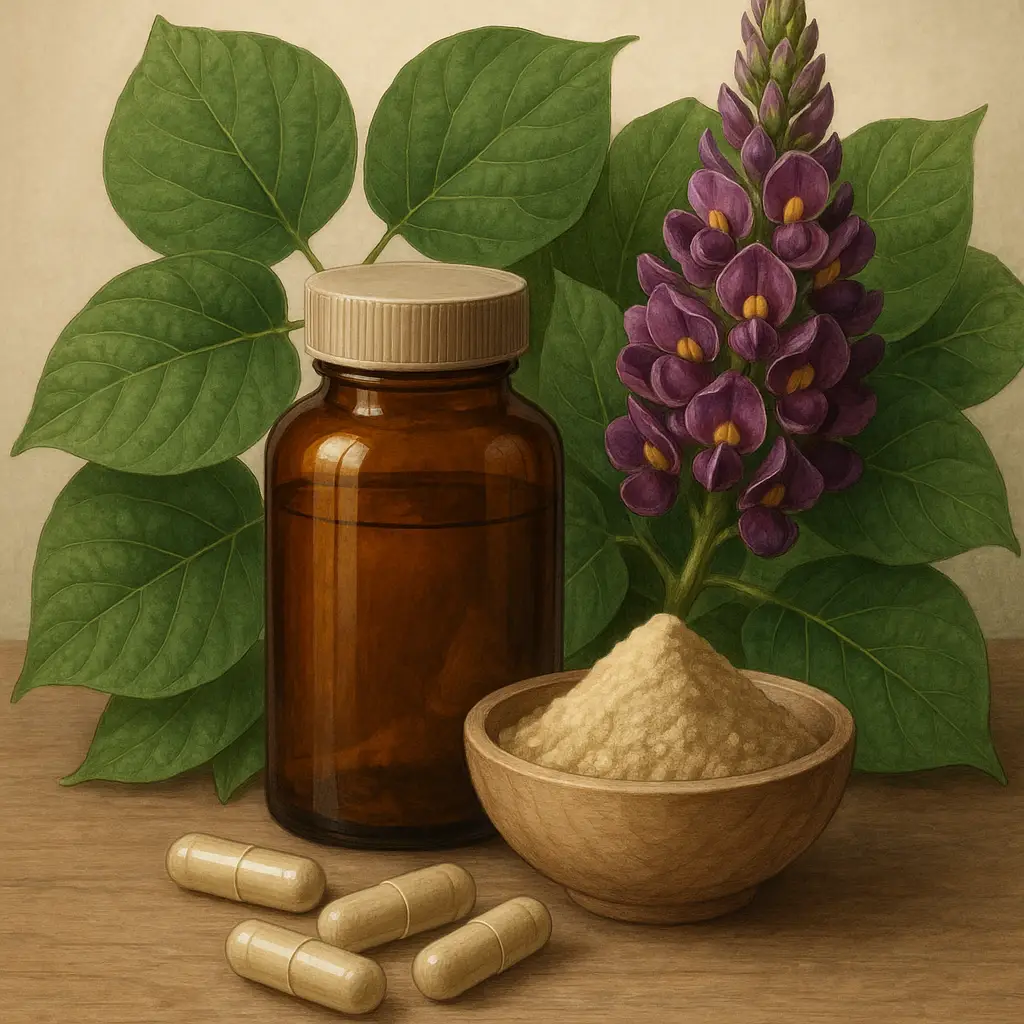
What is Kudzu? Kudzu, scientifically known as Pueraria lobata, is a climbing vine native to East Asia, particularly China and Japan. It belongs to the legume …
Read more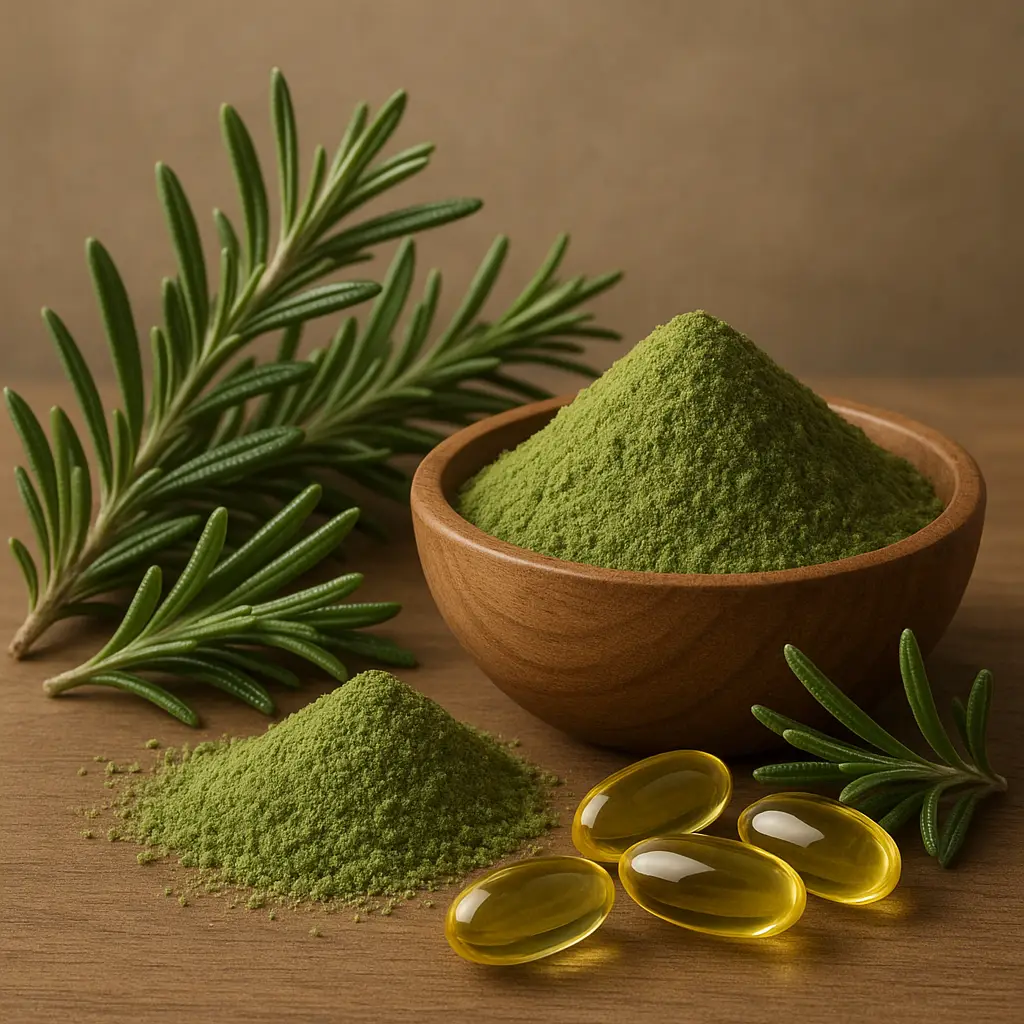
What is Rosemary Leaf? Rosemary leaf (Rosmarinus officinalis) is a fragrant, evergreen herb native to the Mediterranean region. It has been used for centuries…
Read more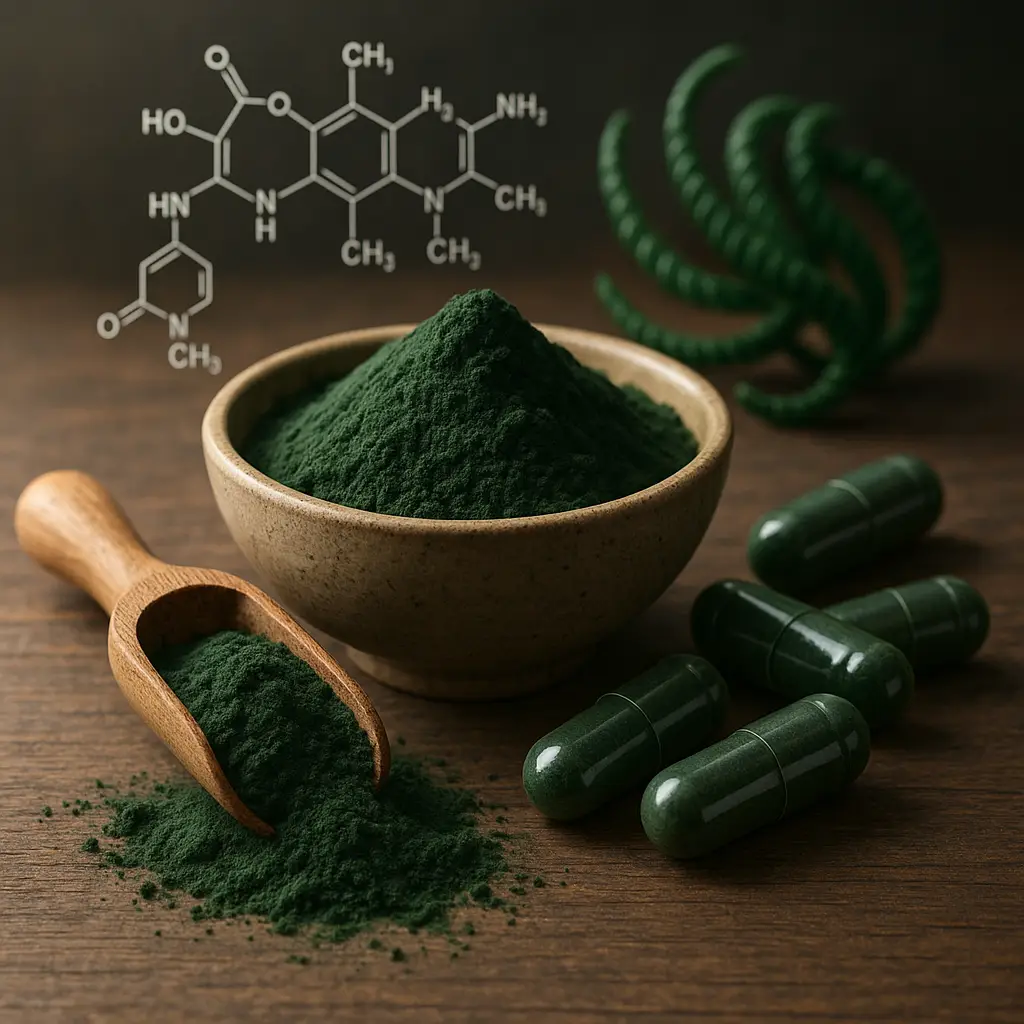
What is Spirulina? Spirulina is a blue-green algae, technically known as cyanobacteria, that has been consumed for centuries for its health benefits. It thriv…
Read more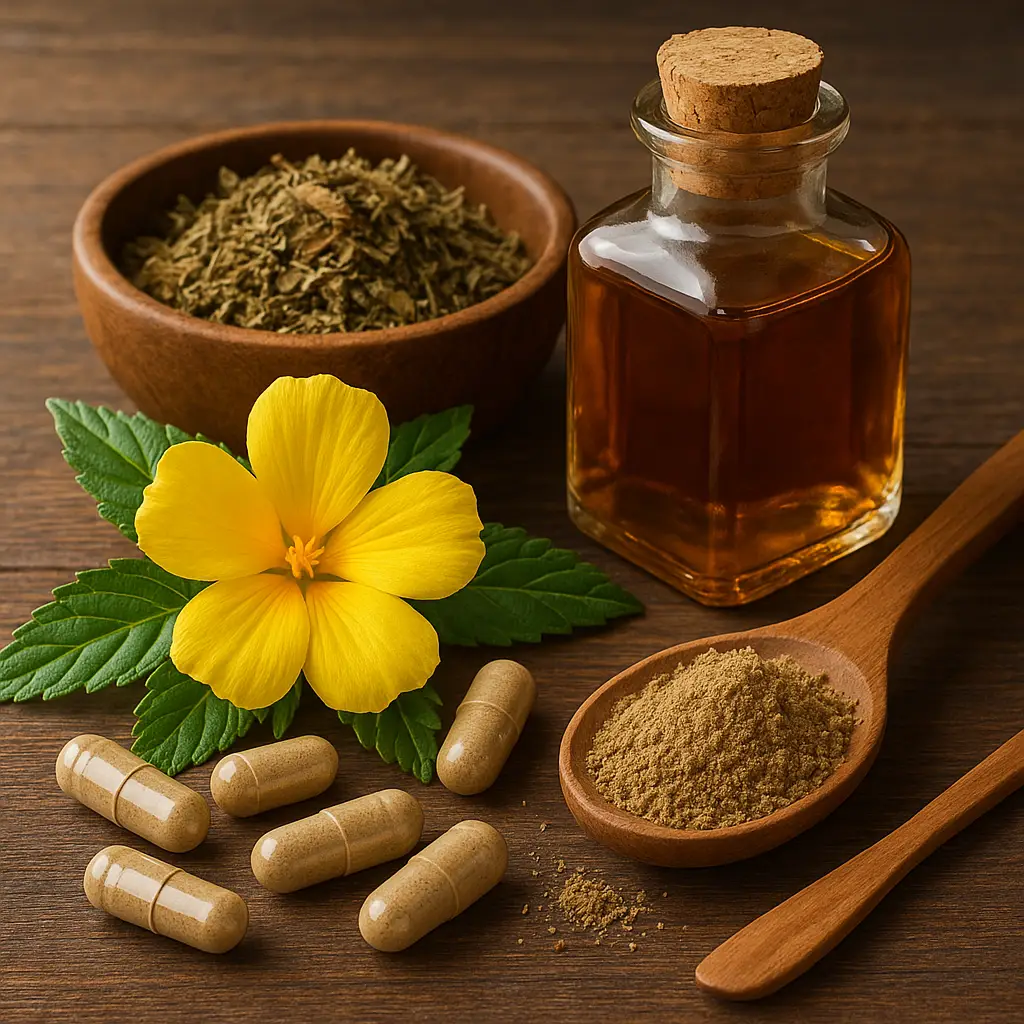
What is Damiana? Damiana, scientifically known as Turnera diffusa, is a shrub native to the warm, arid climates of Mexico, Central America, and parts of the s…
Read more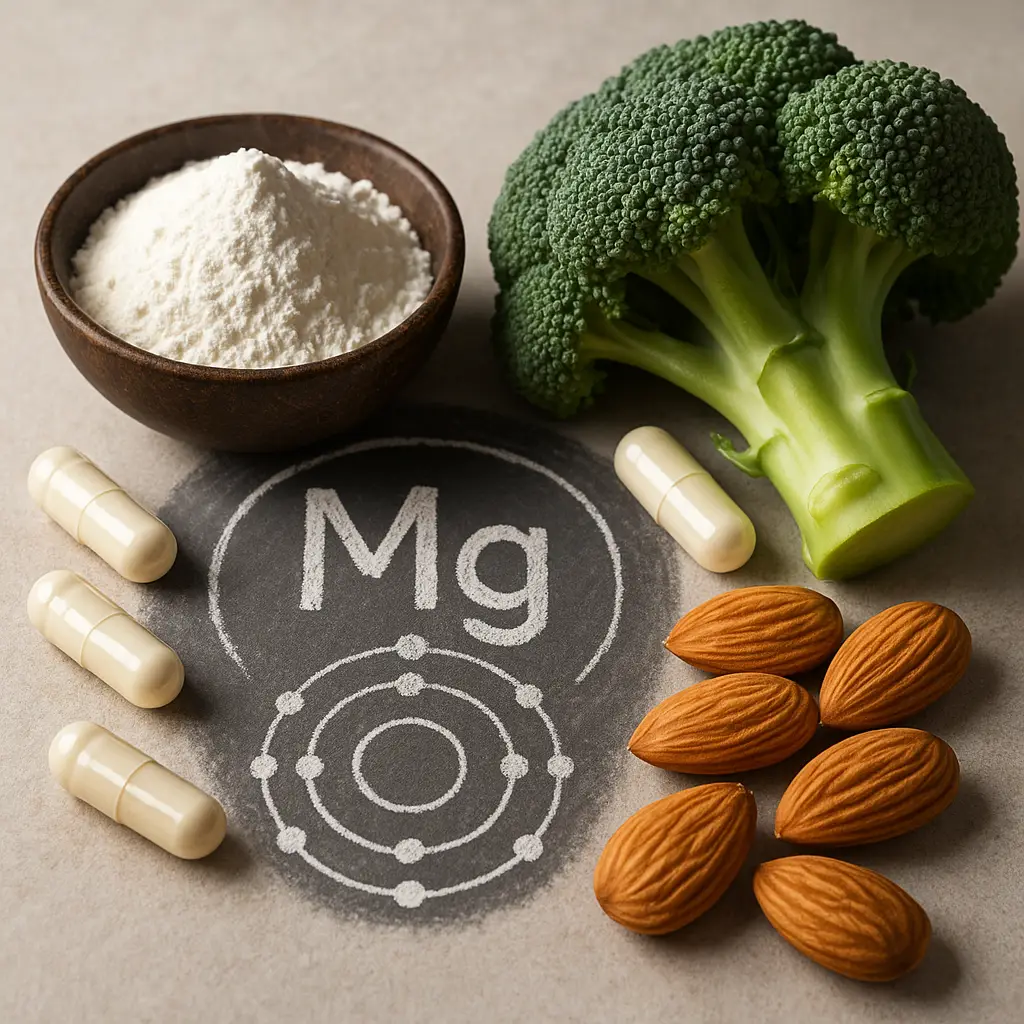
Understanding Magnesium: The Essential Mineral for Human Health Magnesium is a vital mineral that plays a key role in various physiological functions within…
Read more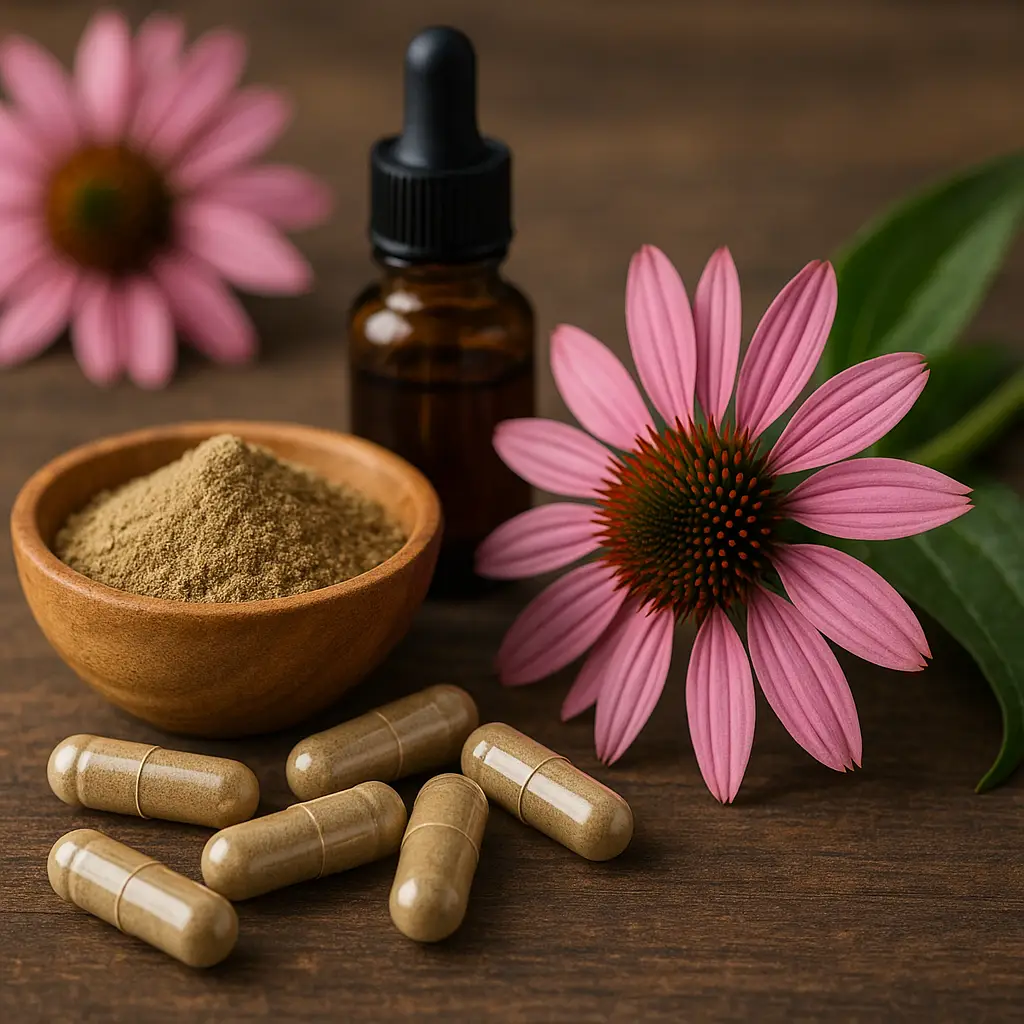
Understanding Echinacea: Nature's Immune Booster Echinacea, commonly known as coneflower, is a flowering plant native to North America. Belonging to the Ast…
Read more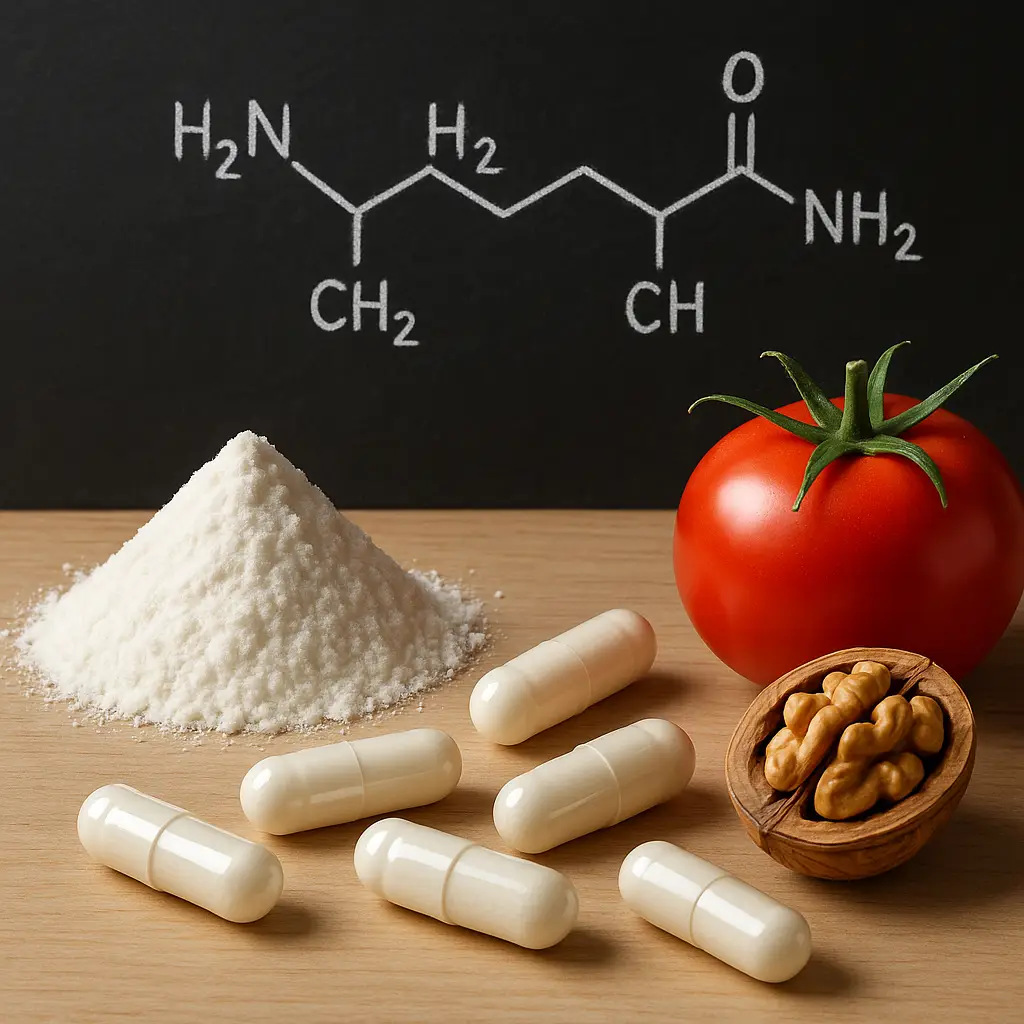
What is L-Arginine? L-Arginine is a semi-essential amino acid that plays a crucial role in various biological processes. It is one of the building blocks of p…
Read more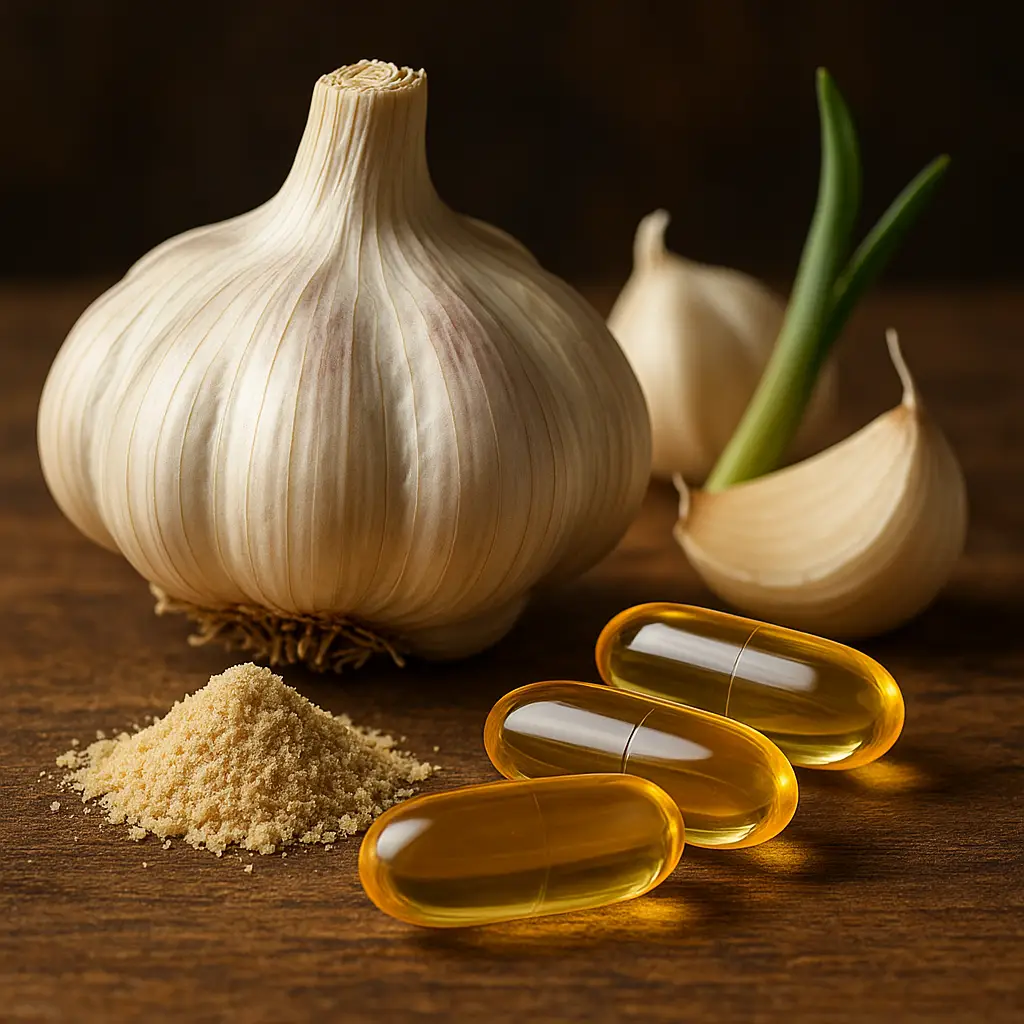
What is Garlic Bulb? Garlic bulb (Allium sativum) is a plant in the onion family, native to Central Asia and northeastern Iran, and has been used for thousand…
Read more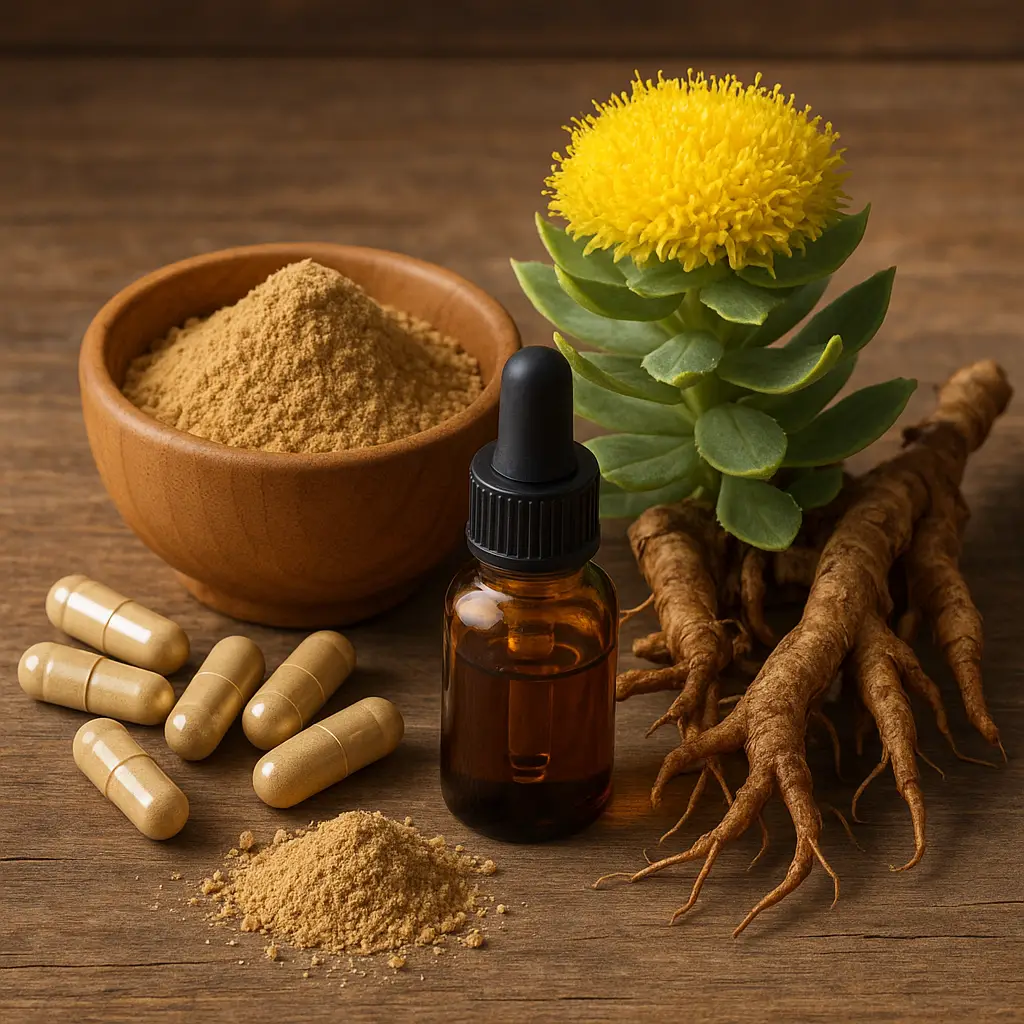
What is Rhodiola Rosea? Rhodiola Rosea, commonly known as golden root, is an adaptogenic herb derived from the Rhodiola plant, which thrives in the cold, moun…
Read more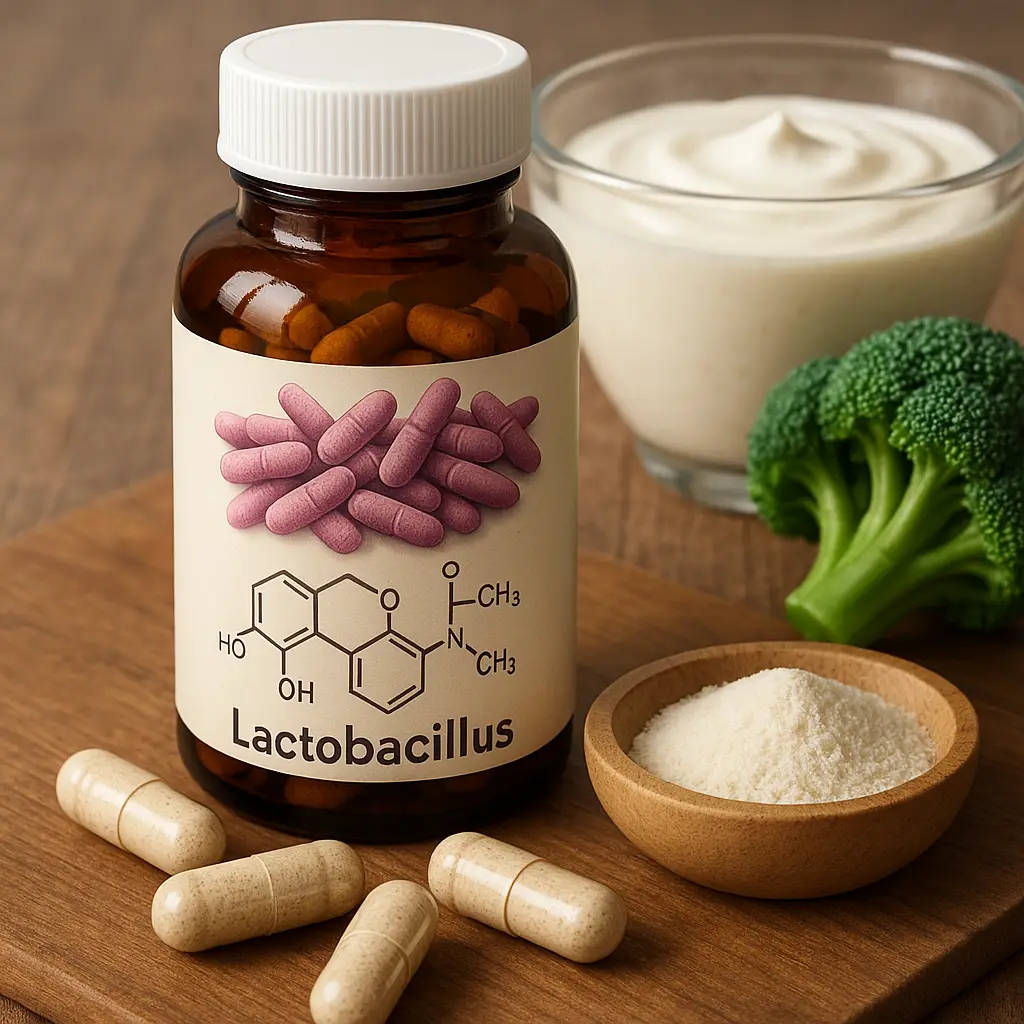
What is Lactobacillus? Lactobacillus is a genus of bacteria that plays a crucial role in digestive health and overall wellness. These are lactic acid bacte…
Read more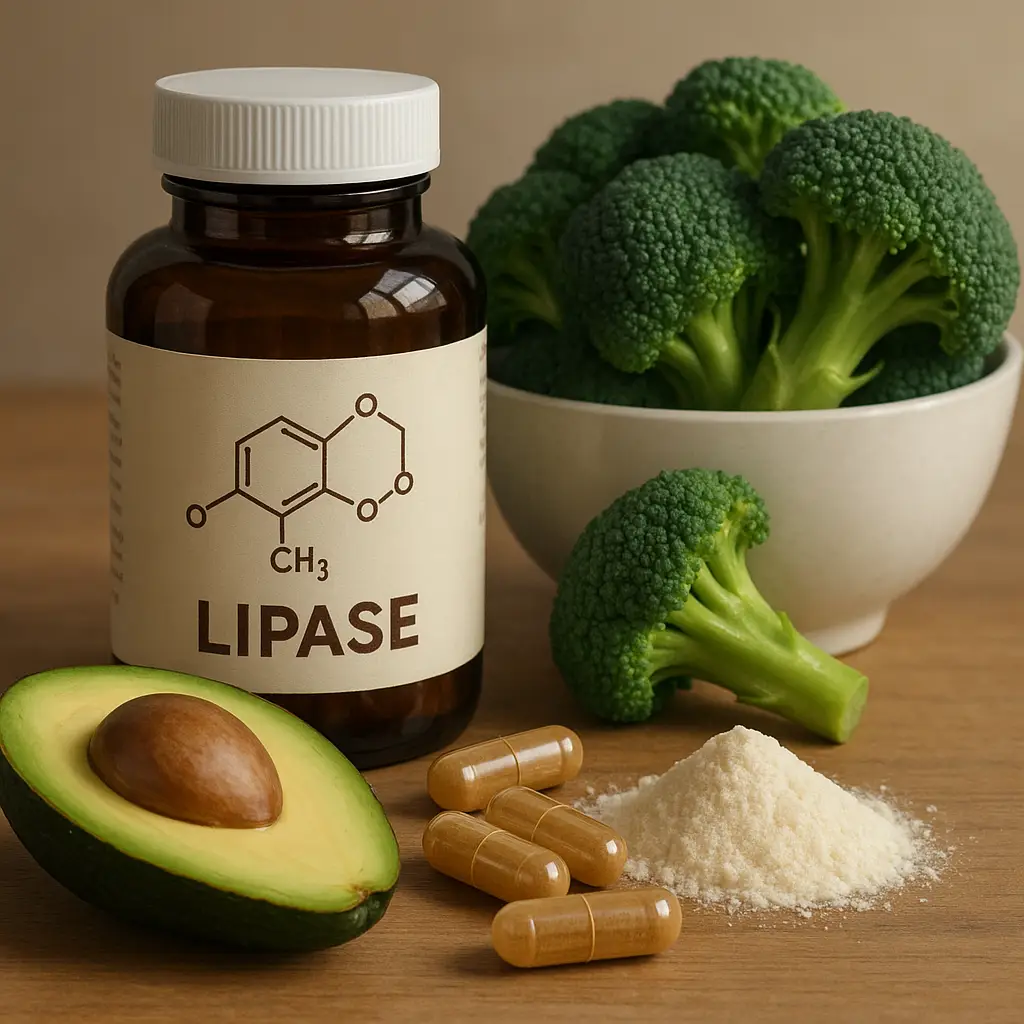
What is Lipase? Lipase is a crucial enzyme primarily responsible for the breakdown of dietary fats into fatty acids and glycerol, enabling their absorption in…
Read more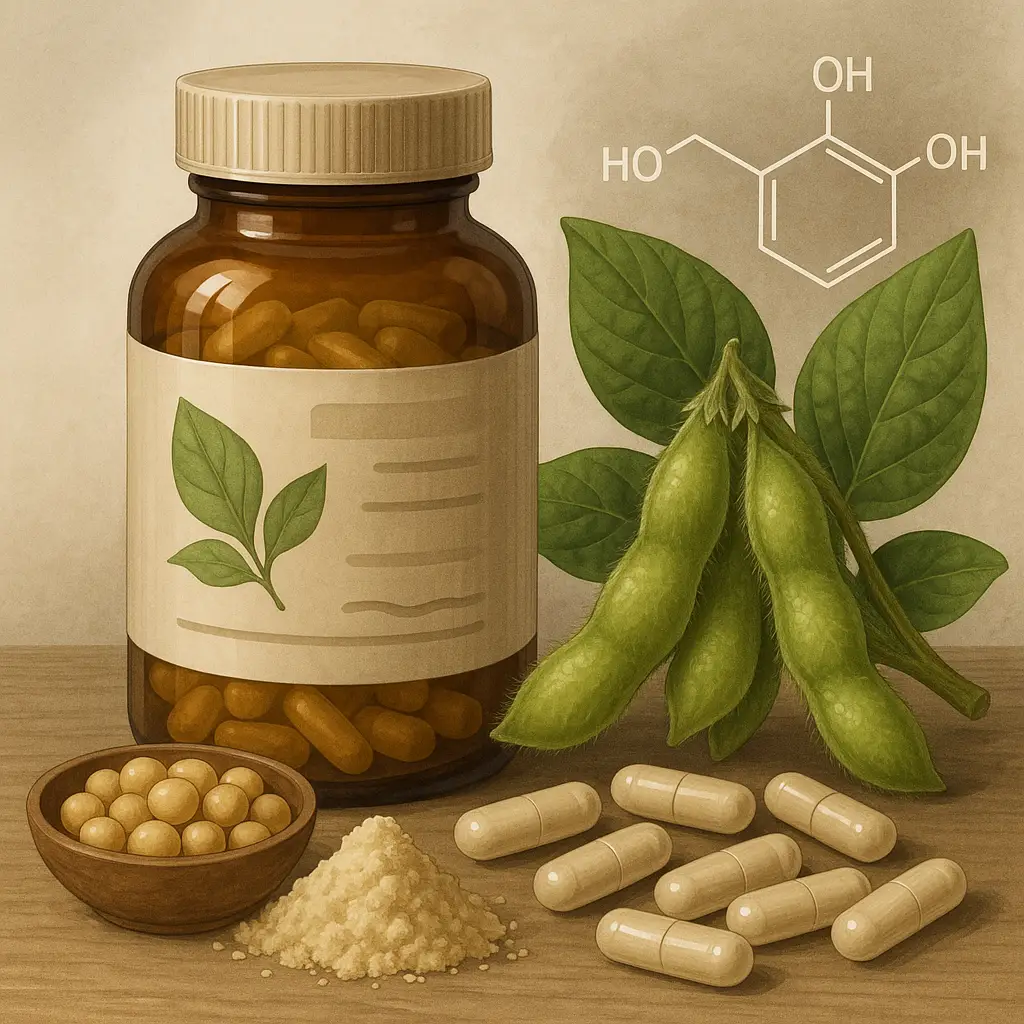
Soy Isoflavones: An Overview Soy isoflavones are natural compounds primarily found in soybeans, belonging to a class of compounds known as phytoestrogens. The…
Read more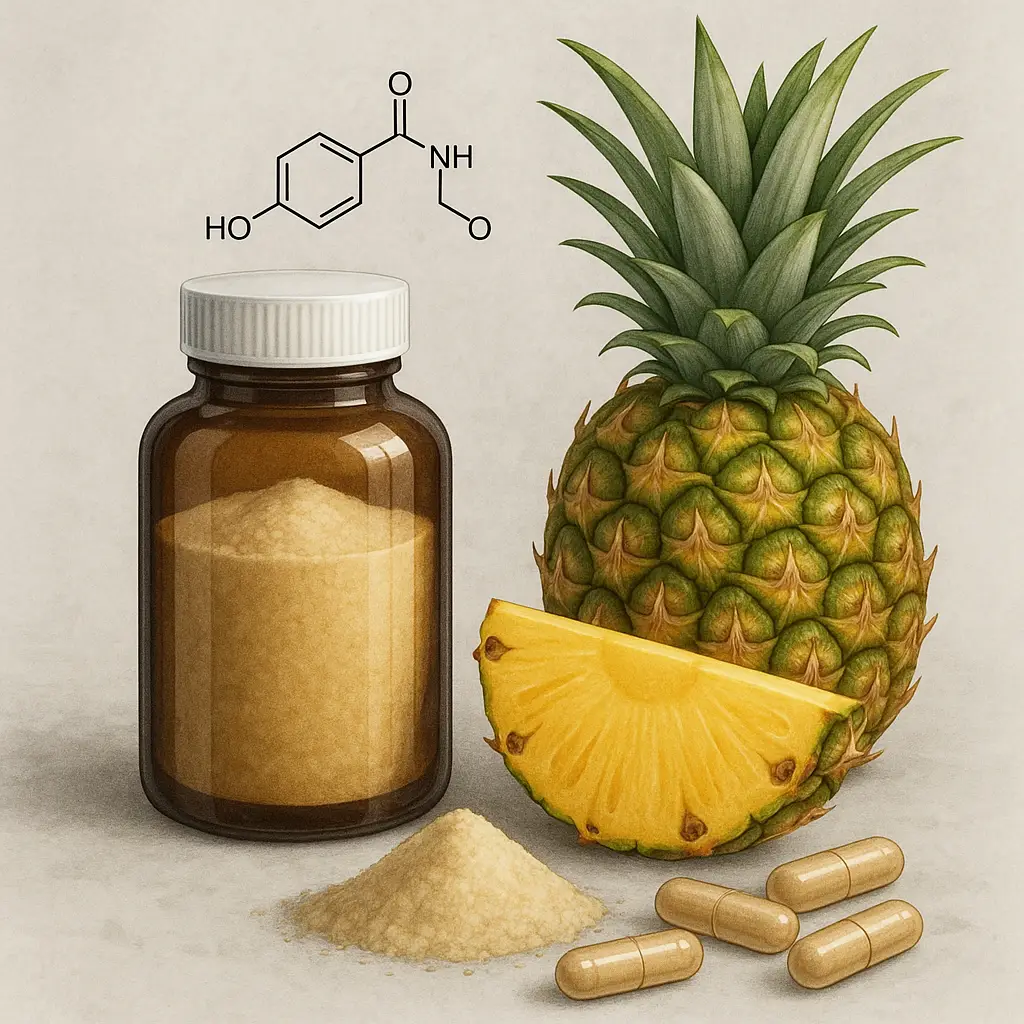
Bromelain: An Overview Bromelain is a group of digestive enzymes obtained from the stem and fruit of the pineapple (Ananas comosus). It has been widely recogn…
Read more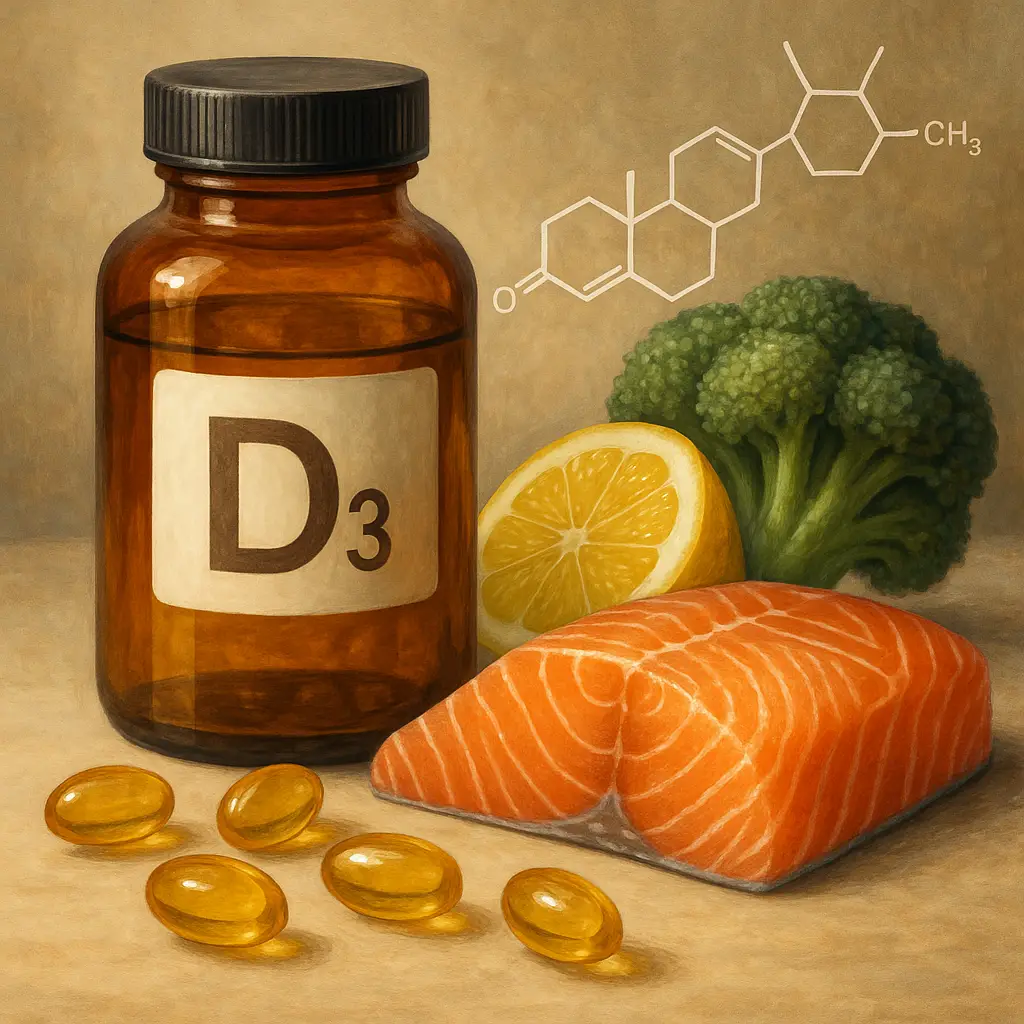
Vitamin D3, also known as cholecalciferol, is one of the two main forms of vitamin D that the body requires for optimal health. It is a fat-soluble vitamin syn…
Read more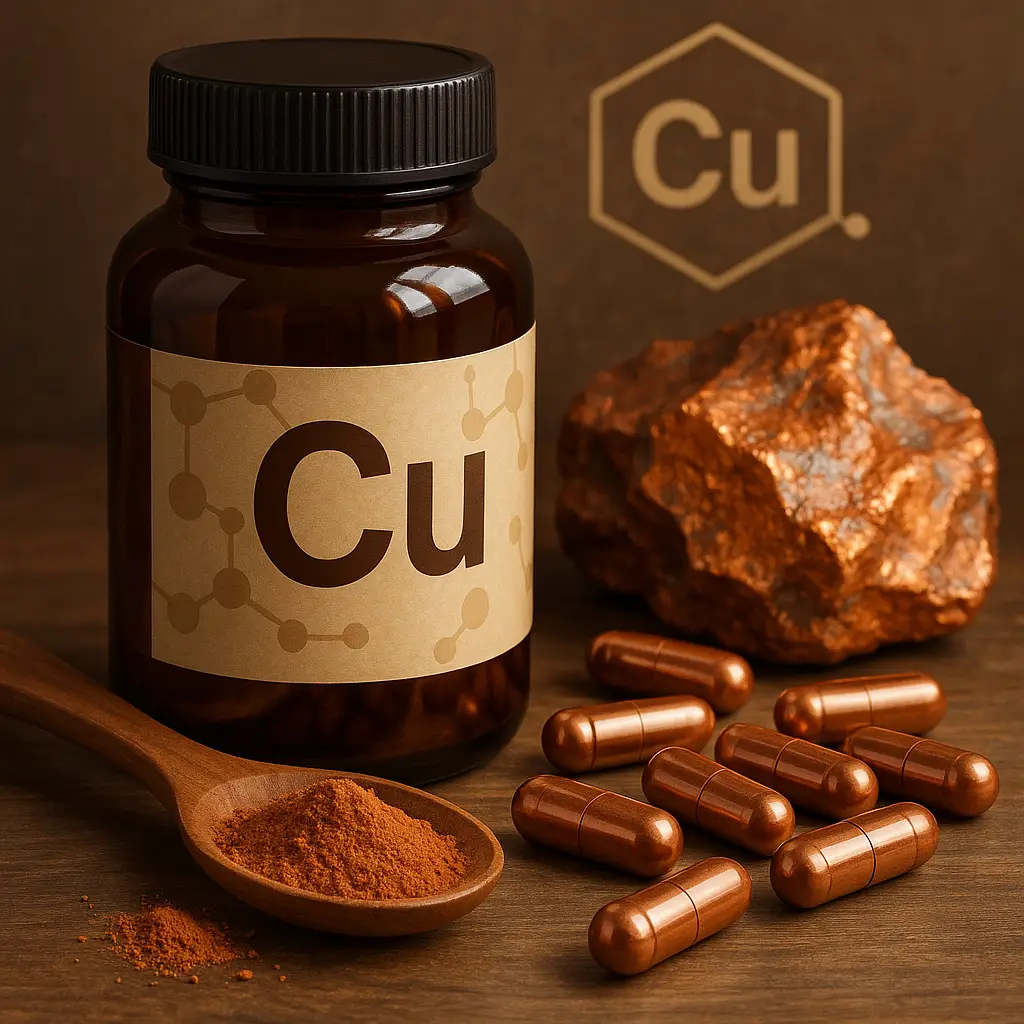
Copper: An Essential Mineral for Health and Performance Copper is a trace element that plays a vital role in several bodily functions. It is an essential nu…
Read more




